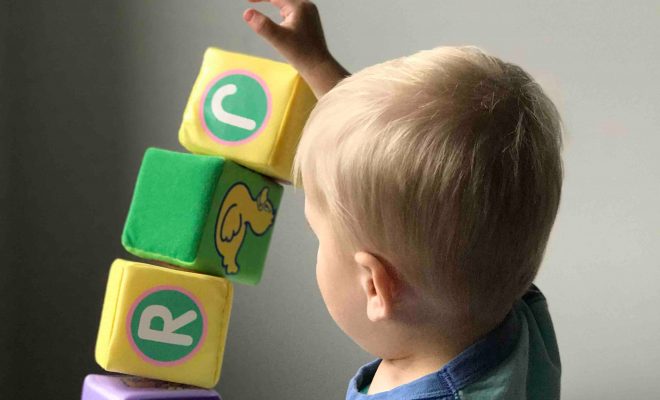Managing the Terrible Twos

Babies require to be fed and cared for. This changes a bit when they step into their toddler years and start walking, talking, exploring boundaries, and forming opinions. This developmental phase is often called “the terrible twos.” However, you can effectively handle this phase of your kid’s life with some preparation.
Study: When you understand your two-year-old kid’s cognitive development, raising them becomes easier. You can find a lot of early childhood resources like blogs, books, videos, etc., that share age-appropriate behavior for toddlers and offer advice about developmentally-appropriate practices you can execute at home. Here are some resources you can use:
CDC: Toddler Years
What to Anticipate: Toddlers
Preparation: After you’ve prepared yourself, you need to get your toddler ready. Since toddlers often defy the given instructions, they need to be mentally prepared by using explanatory talks, reminders, and warnings, along with reinforcing something as it’s happening. For example, before going grocery shopping with your toddler, you need to tell your child, even before stepping out, that they must hold your hand in the parking. As you drive, discuss it again, and repeat your instructions to ensure your toddler follows them when you’re getting out of the car. It’s important to make toddlers know what’s going to happen before it actually does. Therefore, you should limit a change in rules as it’s likely to pave the way for an attitude change in your toddler.
Use Concise Explanations: A toddler’s attention span is short, and they’re still in the initial stages of learning the language. Therefore, you need to choose words familiar to them to summarize what positive behavior is expected of them.
Leverage Repetition: Raising a toddler calls for repetition. By repeating instructions, you help remind toddlers of the things they need to do and how they need to do them. For additional reinforcement, you can ask them to repeat what you’ve stated, which will improve their chances of following your directions.
Engage In Frequent Reading and discussions: You can enhance your toddler’s vocabulary acquisition and dialogue through frequent reading sessions and discussions. Children also learn reasoning, empathy, and life lessons when they explore stories and their characters. This strengthens the parent-child relationship, which helps in verbal exchanges as the toddlers grow.
Offer Them Choices: As toddlers are discovering boundaries and independence, they need to get chances that offer choices facilitating decision-making. For example, before putting on shoes, you can offer them the choice to select the pair they can sport.
Involve Them in Positive, Active Dialogues: Toddlers need to engage in positive discussions actively. Listening to them speak and answering their questions shows you acknowledge and value their outlook. This makes them feel safe and improves their trust in you.
Follow Through: Apart from repetition, toddlers also need reliability and consistency. That’s why you should follow through after outlining the consequences of their actions, as it helps build trust.
Concentrate on the process: Since toddlers learn at every opportunity they get, you should focus on the learning process, not the final result. Changing a pessimistic and product-oriented mindset to a positive and compassion-oriented one will help when your toddler tries testing you.
Have Pragmatic Expectations: During their developmental stage, when you want to challenge your toddler in diverse areas of advancement, you should have realistic, age-appropriate expectations. Since every kid is different, you need to be aware of the speed at which they’re growing.
Recognize They Aren’t That Awful: Toddlers are continuously learning and developing despite their challenging behavior. In terms of wisdom, they’re exactly where they need to be. You should recognize your life with them is a daily learning experience to help you grow in newer ways. Just because that’s a new or bumpy ride for you doesn’t necessarily mean it’s awful.
Is there something we missed? Remember to share how you would/did handle the toddler years.






